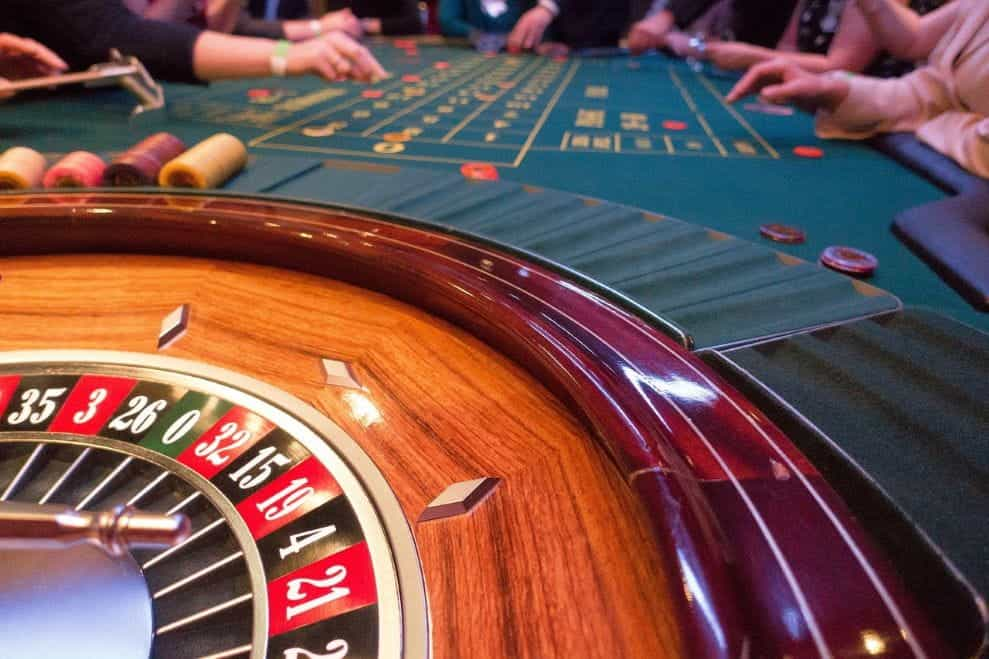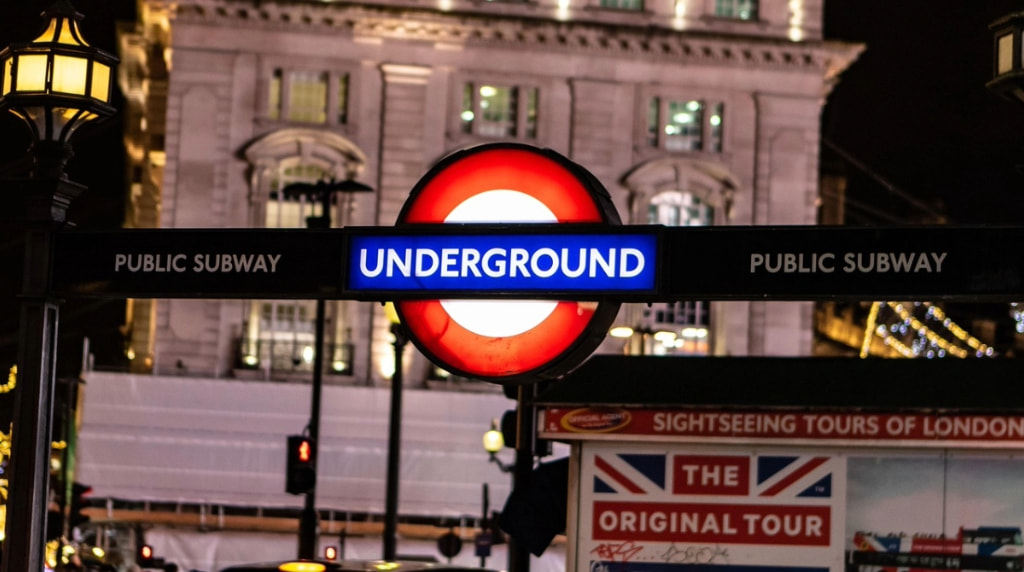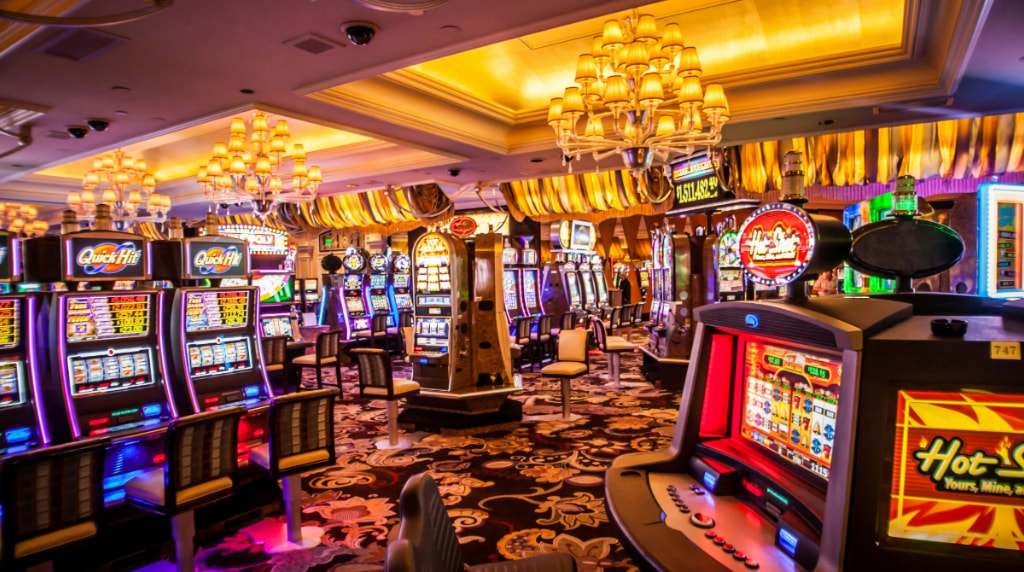Macau Authorities Renew Licenses for Six Casino Operators
In a sign of stability for the region – Macau has renewed the licenses of the six largest casino operators in a highly anticipated announcement. It’s a watershed moment for the industry as the licenses permit the operators to continue their business operations in one of the world’s most lucrative gambling markets. To be clear, the licenses are an essential requirement, and without them it becomes illegal and therefore impossible for a company to continue their operations in the region.

The unfortunate situation of Genting in Macau has resulted in the Malaysian-based operator losing its operating license for Macau – a major blow to its expansion ambitions in the world’s wealthiest gambling epicenter. ©stux/Pixabay
It has come at a time when the industry has been reeling from the impact of the COVID pandemic. Footfall across the industry has been vastly lower on an annualized basis. This means that the casino floors have been almost empty for three years – revenues have been decimated and the survival rate of new startup gambling affiliate companies in the region has been trending downwards for some time. Most damaging has been the heavy-handed border laws imposed by China, effectively banning foreign tourists visiting the city, one of the greatest sources of income historically for Macau.
China’s Communist Party is known to hold de facto control on the distribution of market control in Macau. Leaving some of the legacy players out in the cold for seemingly no reason at all. The casino license renewal risk has been acutely exacerbated since late 2018 as hints were dropped that automatic renewals weren’t guaranteed. The effect this uncertainty has on investment prospects and venture-capital interest has been damaging. Funding for these ventures has become especially risky, as analysts fail to understand where the license approval decisions will fall.
China’s resistance to embracing gambling is the long-tail trend that all business operators in Macau will have to adapt to in the coming years. But in the short-term, there does seem to still be a strong base of tolerance and support for the industry. After all, the casino business is an effective mechanism at bringing in foreign capital. For China, the main priority remains keeping control over the evolution of the market, and most of the equity related to it.
Macau Operators Have Invested $50 Billion into the City
Macau has come from a port city forgotten by the Asian continent to a major casino hub that attracts the world’s most wealthy gamblers and holiday-goers. This transformation has happened in under 20 years and has without doubt been completely fueled – and bankrolled by the casino companies that dominate the city. With their inherent dominance of the space, it becomes a question of creating value and solidifying revenue across the ecosystem.
One unfortunate participant in the latest bid round has been Genting, the Malaysian-owned operator. The corporation has missed out on a license renewal despite being considered a strong participant in the market due to its diversity of revenue generating mechanisms. With this there are a number of questions – why Malaysia’s biggest operator would lose its seat at the table. Especially considering the firm has one of the strongest brands in global gambling.
The fact that Genting have lost their license will now mean that the operator is forced to rescind its holdings in the area and forfeit the land back to the government. The timeframe over which this action must happen is in line with Chinese law – and the firm will have until the end of the calendar year to turn over the venue to the local authorities. It’s a devastating loss for Genting, but not one that the company is incapable of recovering from.



